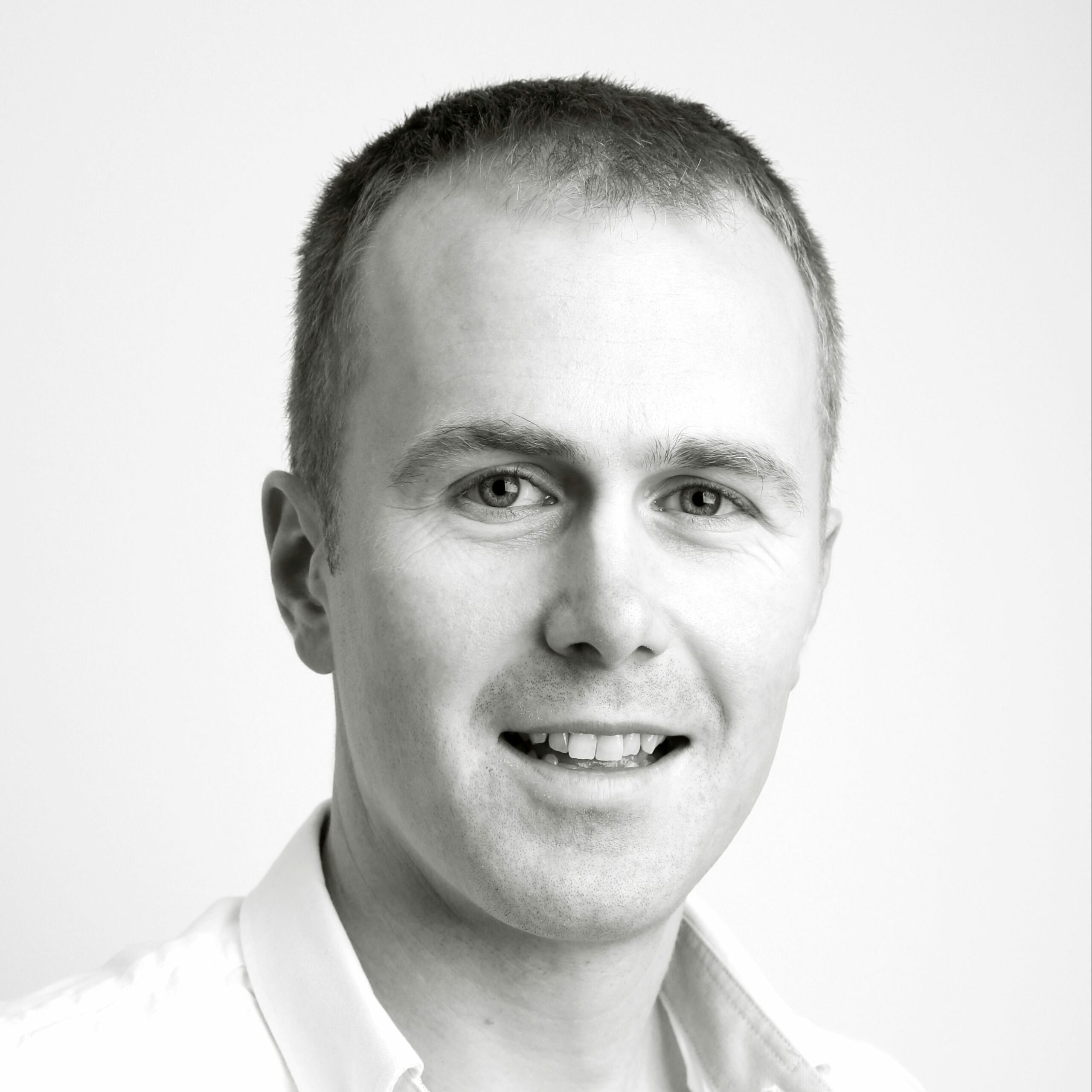
Dr Tom Freeman is a Senior Lecturer at the university of Bath and finished his SSA fellowship in early 2020.
SSA: When did you start your fellowship, and why did you apply for the SSA fellowship?
Tom Freeman: “I started my fellowship in April 2017.”
“The SSA are very good at supporting addiction researchers to develop independence and their own research programme. Based on my previous history and experience of working in addiction and specifically in the field of cannabis and cannabinoids, I had the kind of experiences that would prepare me well for the research and development that the SSA were interested in funding. The fellowship was very well suited to my long-term plans to develop as an independent addiction researcher. There are other funders who fund more general programmes in terms of medical research or economic or social research, but the SSA are very good at supporting the specific field of addiction which is often very underrepresented.”
“So, I applied to them. I was very excited by the scheme, I’d seen previous fellows, people who I either knew, or knew of, and I was very impressed by their work and I thought that it looked like an excellent scheme.”
What was application process like – what kind of information did you need to provide?
“When I applied, I needed to provide a history of my addiction related research experience. It’s important to show that you have a good grounding in the field of addiction based on your training so far and that you are also dedicated to the field. I spoke about my previous involvement with the SSA, about my plans for the fellowship and about my plans for dissemination for the work. I also talked about my previous work supporting early career researchers and provided information about the host institution and the study’s primary collaborators.”
Was there also a research proposal aspect to the application?
“Yes, there was a research proposal that included a lay summary alongside a detailed research proposal. In my application I included pilot data to evidence that I could achieve the outcomes in my proposal. The research proposal was separate from my general history as an addictions researcher.”
So, is there a dual process where you have to demonstrate that your research is good, but also that you are also worth investing in?
“I think it helps to show evidence of previous work in addiction, and to demonstrate that you have the potential to develop as an independent addictions researcher. So, you should have those initial building blocks along with a plan for how to move it all forward. It is also important to have a vision for the future, for the fellowship but also beyond, so that you can make the most of the opportunities for you to develop independence.”
Your fellowship finished in early 2020. What are you doing now, and how was the transition from the end of your fellowship?
“I’m currently in a tenured position as a Senior Lecturer at the University of Bath which I am very happy with. The transition has been good, partly because I have been very well supported by the SSA throughout my fellowship and throughout this transition. I was concerned that starting a tenured job would bring significant increases in terms of teaching and admin roles. But I have been able to maintain a strong level of research output. The SSA fellowship has given me a seamless transition between independent research and developing my own research team in the University of Bath.”
Do you have a research team now?
“Yes, we have the Addiction and Mental Health Group which consists of around 18 members overall. The group is primarily based within the department of Psychology and includes members from departments of Pharmacy and Pharmacology, Biology and Biochemistry, and Social and Policy Sciences.”
“I would also like to say that the SSA fellowship has been instrumental in supporting my development and providing opportunities to extend my international collaborative network. One of the things that I really enjoyed about the fellowship was the opportunity to work with many people around the world. And that’s been particularly valuable at a time when there have been political changes regarding the position of the UK in Europe and then we’ve had the coronavirus pandemic. So, I’ve found that to be a very positive experience. And when we think about issues relating to cannabis, the policies and market factors are hugely varied in different countries, so it’s very important to have an international perspective.”
Next week, Tom talks to the SSA about his research into cannabis potency and standardised THC units.
The opinions expressed in this post reflect the views of the author(s) and do not necessarily represent the opinions or official positions of the SSA.
The SSA does not endorse nor guarantee the accuracy of the information in external sources or links and accepts no responsibility or liability for any consequences arising from the use of such information.

